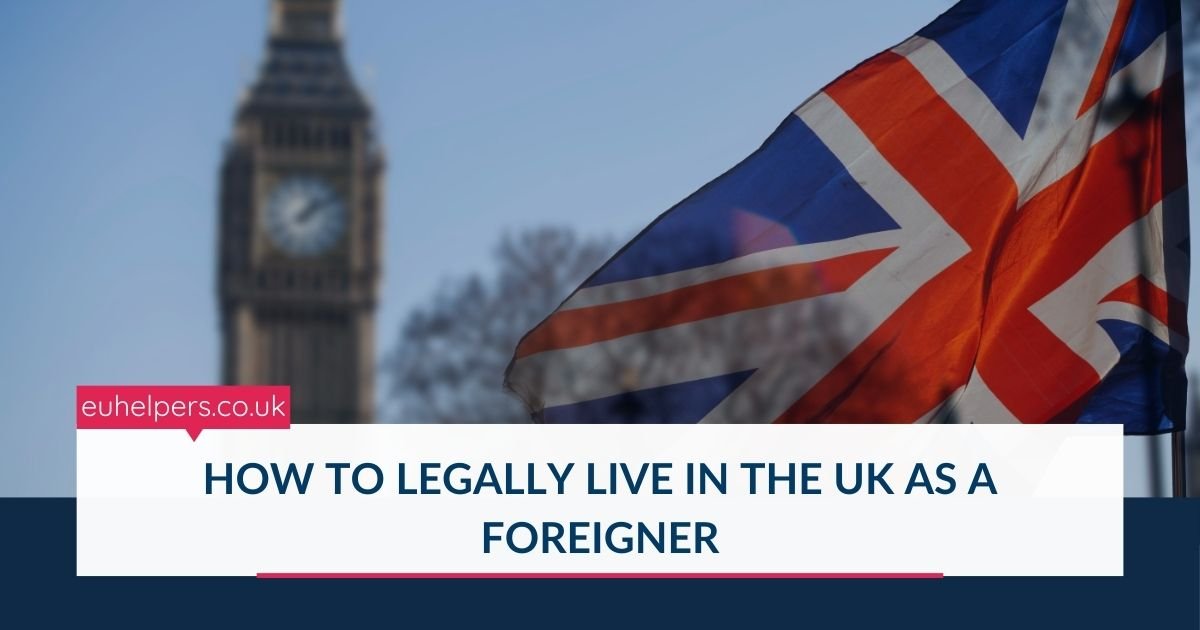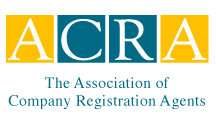If you’re planning to live in the United Kingdom as a foreign national, understanding the UK’s immigration system is essential. Generally, you must obtain a visa that suits your individual circumstances, whether for work, study, or joining family members. After living in the UK for a certain period under a valid visa, you may also become eligible for permanent residence, known as Indefinite Leave to Remain (ILR).
Here’s an in-depth overview to help you navigate the process:
1. Understanding Visa Requirements
Determining Eligibility:
The first step is identifying the right visa for your situation. Your reason for moving to the UK—be it employment, education, or family reunification—will determine which visa you can apply for.
Application Process:
Visa applications are submitted online via the official GOV.UK website. You will need to provide supporting documents, pay applicable fees, and satisfy specific criteria depending on the visa category.
Biometric Residence Permit (BRP):
If your visa allows you to stay in the UK for longer than six months, you must obtain a Biometric Residence Permit. This physical card serves as proof of your identity and immigration status.
2. Visa Types and Pathways to Permanent Residence
Work Visas:
-
Skilled Worker Visa: For individuals with a confirmed job offer from an approved UK employer in a qualifying profession.
-
Other Work Visas: Additional categories exist based on skills, sectors, and circumstances.
Study Visas:
-
Student Visa: Required if you plan to pursue education at a recognized UK institution.
Family Visas:
-
Designed for family members of UK residents, allowing spouses, children, and other relatives to join their loved ones.
Permanent Residence (Indefinite Leave to Remain):
-
After fulfilling residency and visa conditions—such as residing in the UK for a set period and meeting financial and legal requirements—you may apply for ILR, granting you indefinite stay and greater rights.
3. Key Considerations for Visa Applicants
English Language Proficiency:
Many visa categories require applicants to demonstrate sufficient English skills through approved tests or qualifications.
Financial Requirements:
You might need to prove you have adequate funds to support yourself and any dependents without relying on public funds.
Biometric Residence Permit:
Upon arrival, collecting your BRP is mandatory if your visa duration exceeds six months.
Life in the UK Test:
To qualify for permanent residence or British citizenship, you may need to pass this test that assesses your knowledge of UK history, culture, and laws.
4. Additional Important Information
EU Settlement Scheme:
EU, EEA, and Swiss nationals who were resident in the UK before Brexit may apply for pre-settled or settled status under this scheme, which protects their rights to live and work in the UK.
British Citizenship:
Once eligible for ILR, you may eventually apply for British citizenship, provided you meet residency requirements and pass additional checks.
Resources and Support:
-
The official GOV.UK website offers detailed, up-to-date guidance on all immigration matters.
-
Organizations like Citizens Advice provide practical support and advice for immigrants navigating the system.
Living legally in the UK as a foreigner involves understanding visa options, meeting application criteria, and following through with residency requirements. Whether you’re coming to work, study, or join family, careful planning and compliance with immigration rules can pave the way toward permanent residence and citizenship.








